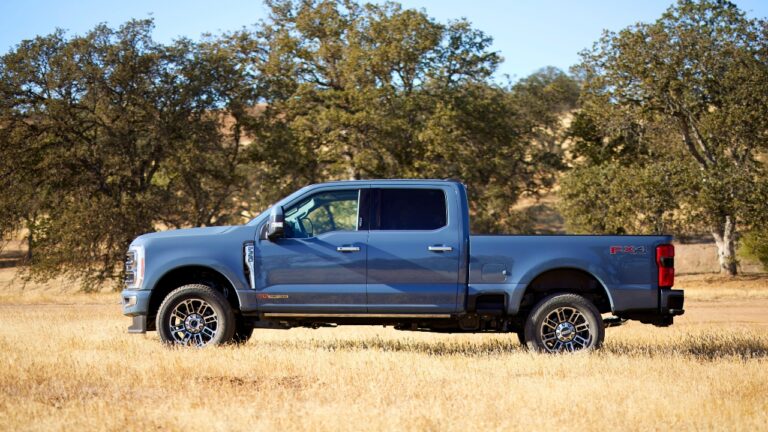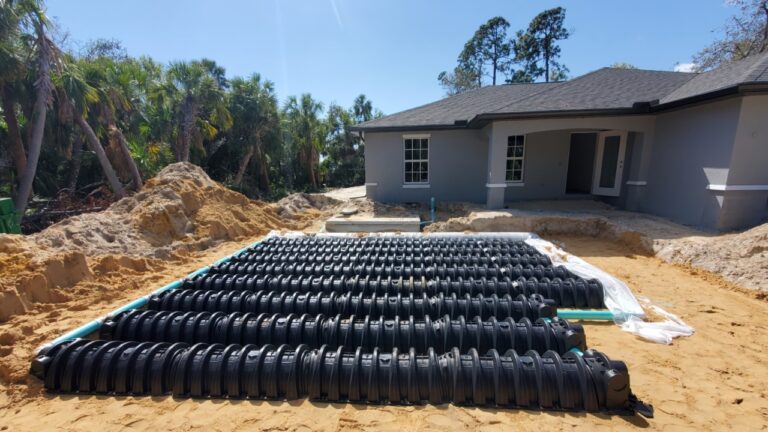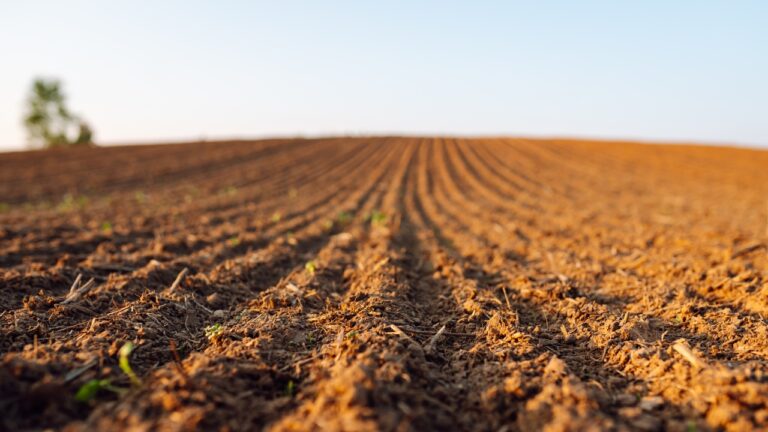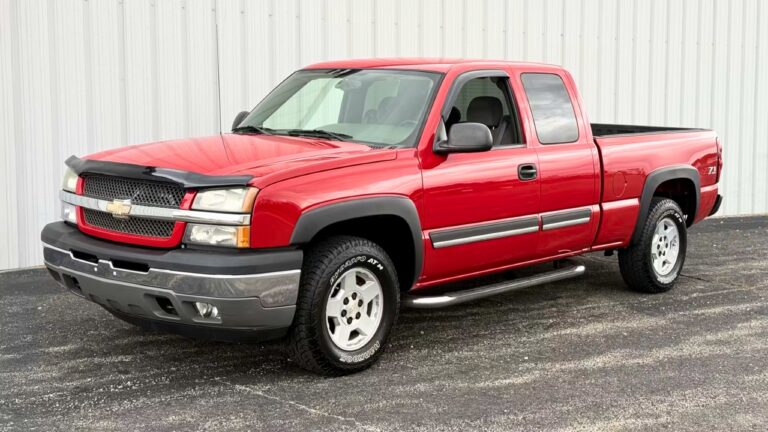12 Livestock Breeds That Are Perfect for Small Homesteads
When you’re working with limited space, picking the right livestock makes all the difference. A single cow or horse can take up an acre or more, but smaller animals—like goats, sheep, or chickens—can thrive in much tighter quarters. Goats and sheep do well with 6–10 per acre if there’s good pasture, and if you’re using a chicken tractor, you can raise hundreds of birds in the same space.
The trick is choosing animals that fit your land, your time, and what you actually want out of them. Some are better for meat, others for milk or eggs, and a few—like bees—take up almost no space at all. If you’re looking for livestock that won’t overwhelm your homestead but will still pull their weight, these are the best ones to consider.
Nigerian Dwarf Goat

If you want fresh milk but don’t have space for a full-size dairy goat, Nigerian Dwarfs are a great choice. They’re small, easy to handle, and produce surprisingly rich milk with a high butterfat content—perfect for making cheese or soap.
They don’t need a ton of space, but they do need strong fencing. These little goats are escape artists and will test every weak spot. Regular hoof trimming, a balanced diet, and good parasite management will keep them healthy and productive.
KuneKune Pig

KuneKune pigs are one of the easiest pigs to raise on a small homestead. They’re docile, stay fairly small, and don’t root up the ground like other breeds. The best part? They thrive on pasture, meaning you won’t need to rely on grain-heavy feed.
They still need shelter, fresh water, and occasional supplemental feed, but they’re far less destructive than other pig breeds. If you’re looking for a homestead pig that’s easy to manage and won’t tear up your land, this is the one.
Pekin Duck

Ducks are a solid addition to any small farm, and Pekins are one of the best breeds for eggs and meat. They’re calm, easy to raise, and too heavy to fly, so you don’t have to worry about them wandering off.
They grow fast, reaching butchering size in just 6–9 weeks, and lay about 140 eggs a year. Ducks need access to clean water, but they don’t require a full pond—just something deep enough to dunk their heads and keep their eyes and nostrils clean.
Miniature Jersey Cow
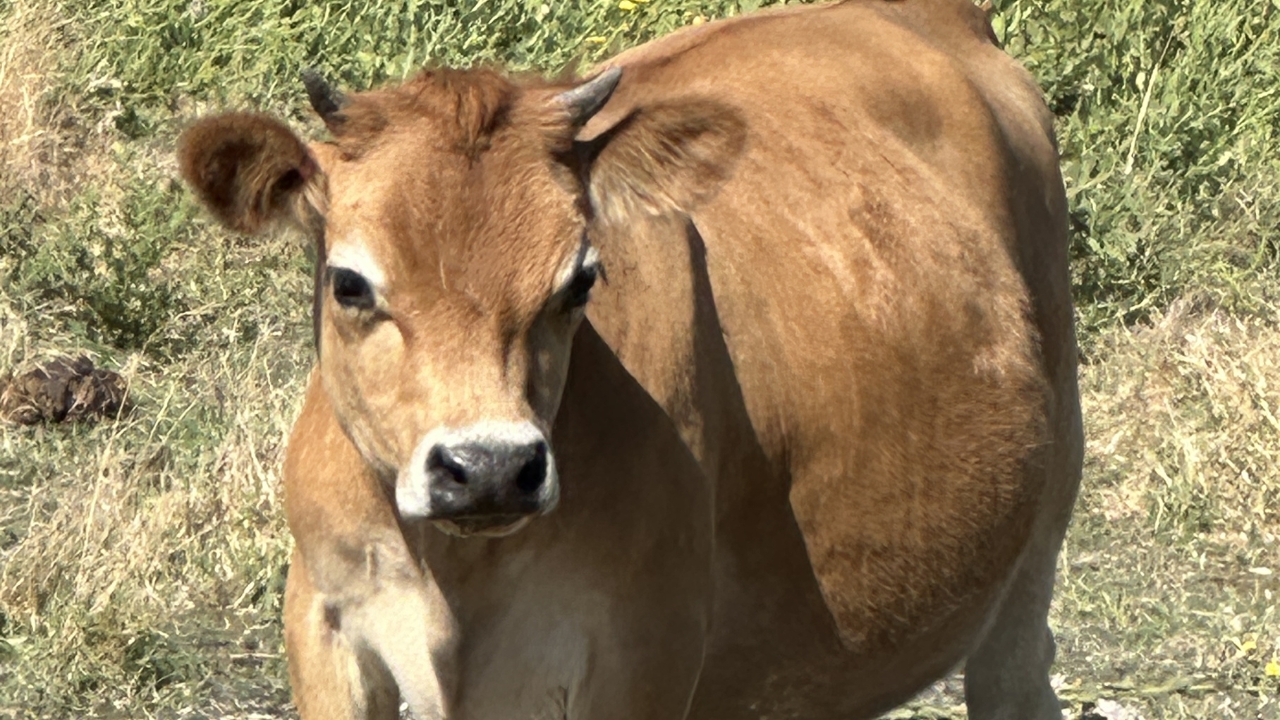
A full-size dairy cow is a big commitment, but a Mini Jersey gives you plenty of milk without taking up a ton of space. They produce rich, creamy milk with a higher butterfat content than standard cows, making them ideal for homesteaders who want fresh dairy.
They still require good pasture, quality hay, and regular milking, but they eat far less than a standard cow. If you want a homestead dairy cow but don’t have acres to spare, this is one of the best options.
American Chinchilla Rabbit

Rabbits are an efficient way to raise meat on a small homestead, and American Chinchillas are one of the best dual-purpose breeds. They grow fast, produce high-quality meat, and have dense, soft fur that can also be used.
They do well in colony setups or cages but need protection from heat, predators, and drafts. A good diet of hay, pellets, and fresh greens will keep them healthy and productive.
Indian Runner Duck

If egg production is your priority, Indian Runner ducks are one of the most reliable layers. They can produce over 200 eggs a year, and unlike Pekins, they’re built to move—standing tall and darting around like little bowling pins.
They’re also excellent for pest control, eating slugs, snails, and insects in gardens and orchards. They don’t need a pond, but like all ducks, they need a steady supply of fresh water to stay healthy.
Icelandic Sheep
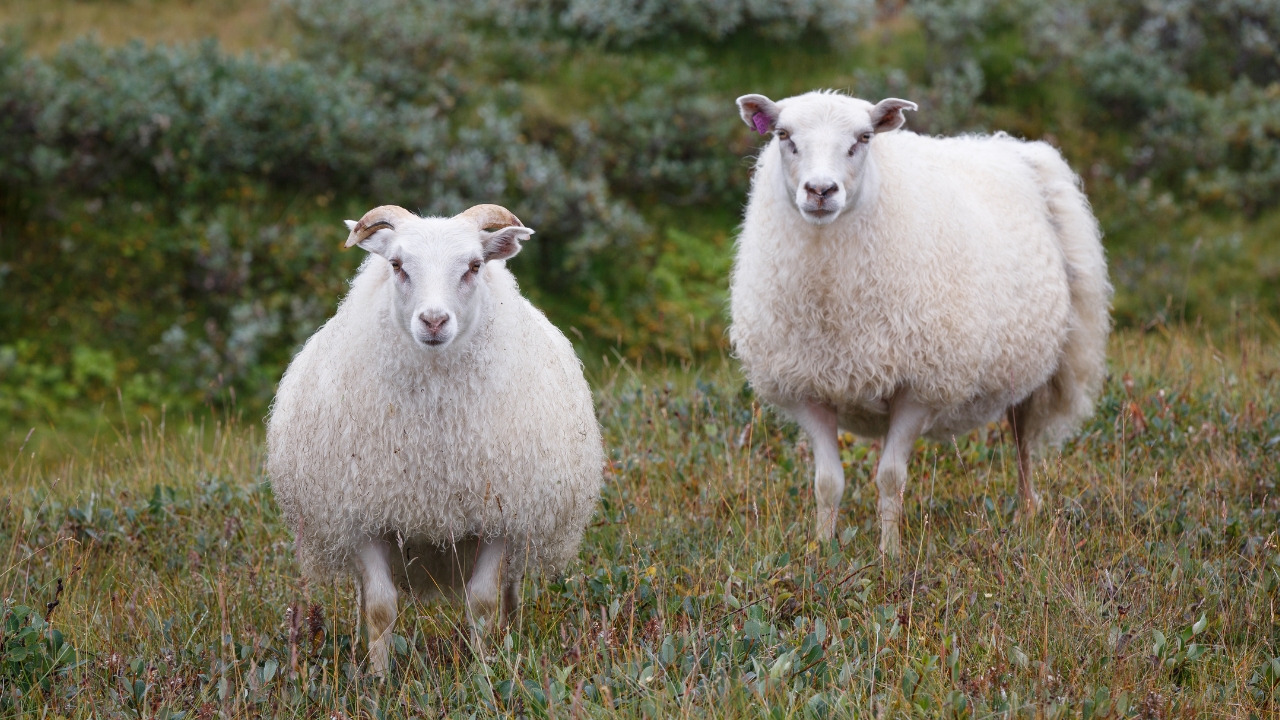
If you want a hardy, multipurpose sheep breed, Icelandics are a great fit. They provide meat, wool, and milk, and they’re one of the most self-sufficient breeds out there. They thrive in tough conditions, making them well-suited for small farms that don’t have ideal pasture.
Unlike some modern sheep breeds, Icelandics don’t need grain-heavy diets and do well on pasture alone. If you want sheep that require minimal upkeep while still being productive, these are a solid choice.
Coturnix Quail

If you don’t have space for chickens but still want eggs and meat, Coturnix quail are an efficient alternative. They mature in just six weeks, start laying eggs almost immediately, and can produce up to 300 eggs per year.
They don’t need much room, but they do require protection from predators. A simple wire cage or aviary setup is enough to keep them safe. With minimal feed and space requirements, they’re one of the most efficient meat and egg sources for small homesteads.
Pygmy Goat

If you want goats but don’t necessarily need dairy, Pygmy goats are a fun, low-maintenance option. They’re great for clearing weeds, keeping brush down, and are easy to care for.
They don’t need a ton of space, but they do need strong fencing—these little goats are notorious for escaping. They do best in pairs or small groups and require a balanced diet, regular hoof trimming, and parasite control.
Bees
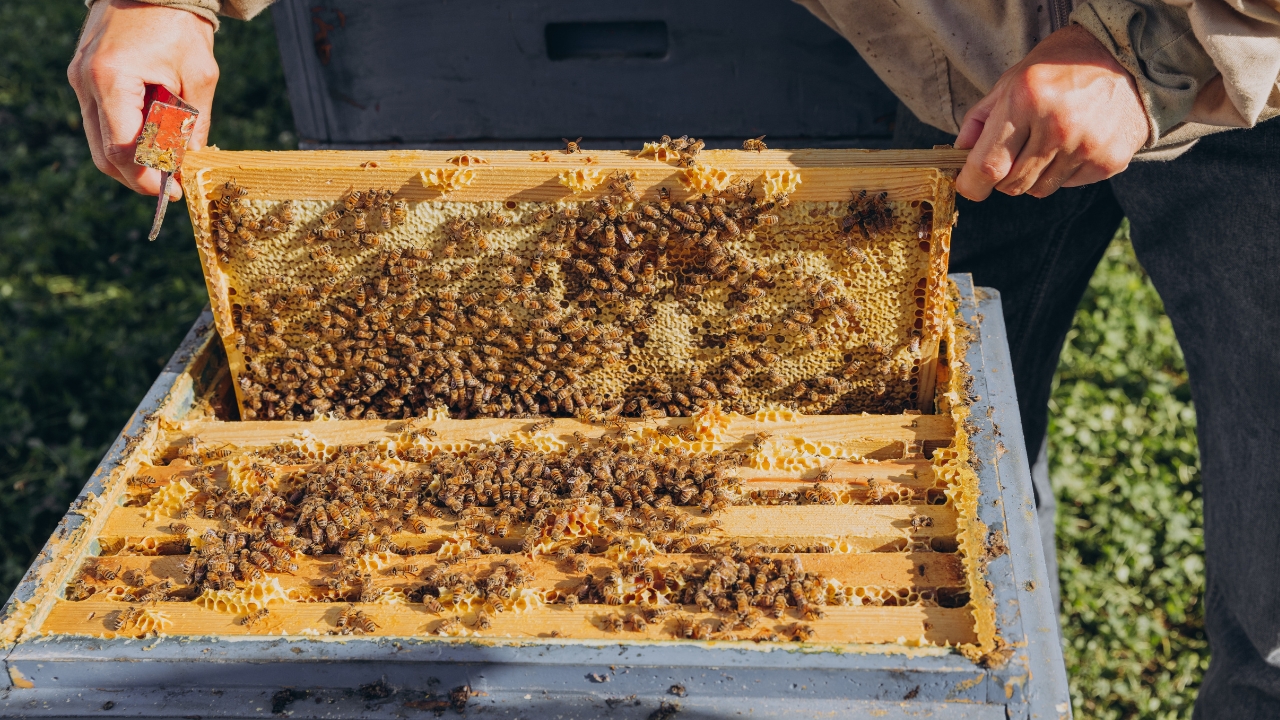
Bees are one of the most practical additions to a small homestead. They require little space, minimal upkeep, and provide honey, beeswax, and major pollination benefits for your garden and orchard.
The key to successful beekeeping is proper hive management—keeping an eye on colony health and protecting them from pests like mites. Once they’re established, they’re one of the lowest-maintenance livestock options you can have, with a huge payoff.
Sebastopol Goose

Geese are excellent homestead guardians, and the Sebastopol is one of the best breeds if you don’t want an overly aggressive bird. They’re great at deterring predators, keeping grass trimmed, and even producing a decent number of eggs.
They do well on pasture but still need fresh water, secure shelter, and protection from extreme weather. If you want a natural alarm system that also contributes to the farm, a Sebastopol is a good fit.
Dexter Cattle

Dexter cattle are one of the best dual-purpose breeds for small farms. They’re about half the size of standard cattle but still provide a good amount of beef or milk. Their smaller size makes them easier to handle and cheaper to feed, but they’re still hardy and productive.
They thrive on pasture alone and don’t require a ton of supplements, making them an efficient choice for homesteaders who want homegrown beef or dairy without the high costs of larger breeds.



